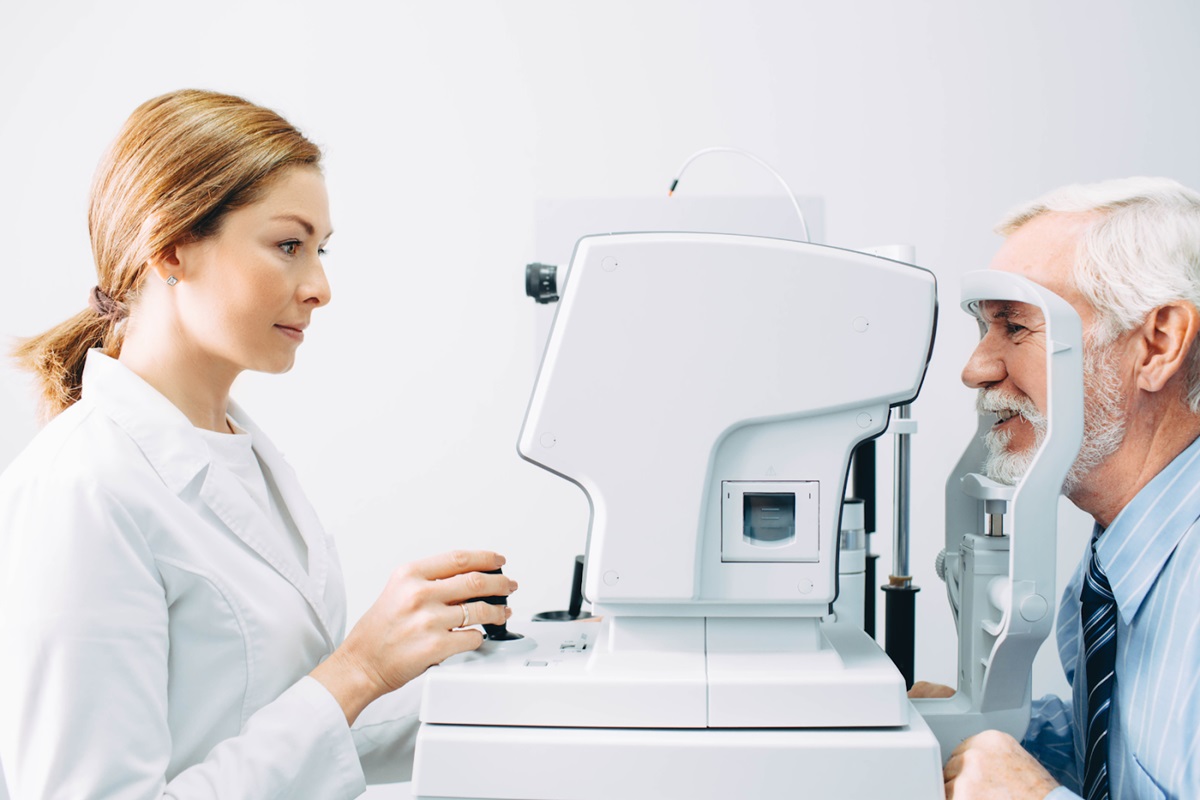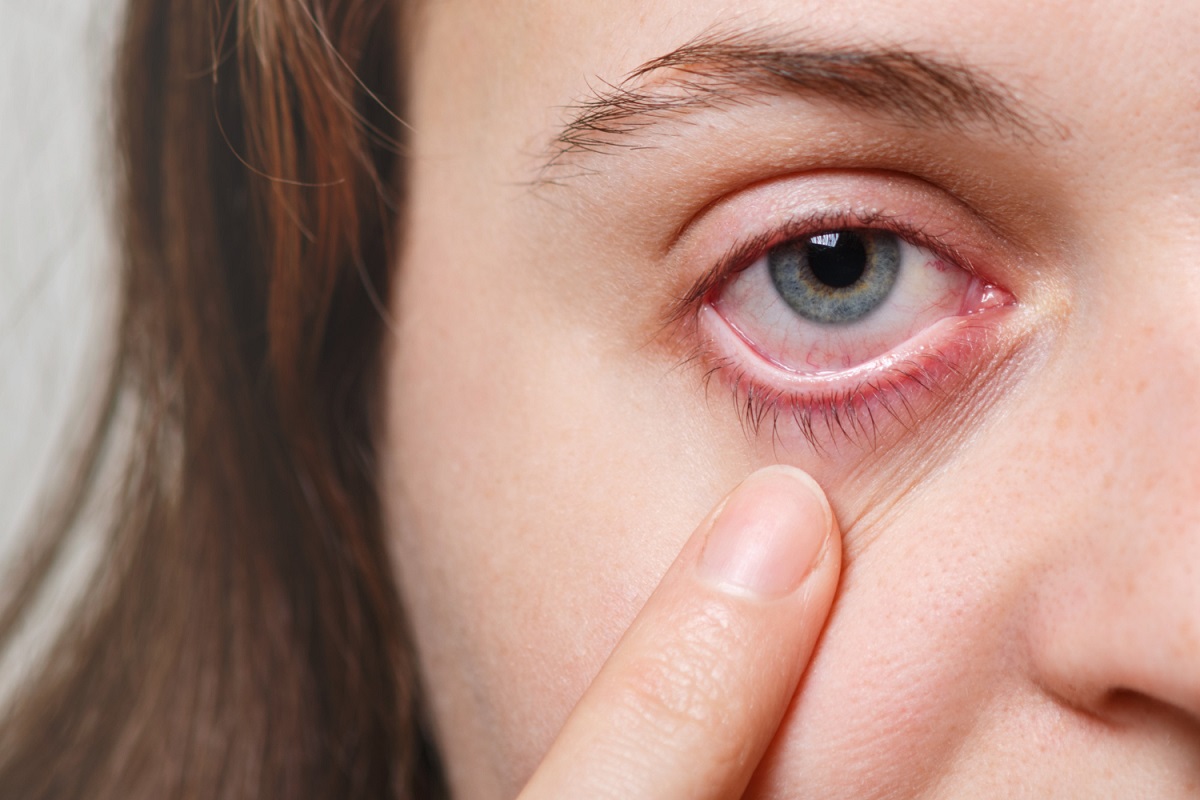As an alternative to conventional spectacles, contact lenses have grown in popularity recently. They offer improved convenience, improved peripheral vision, and the ability to engage in a variety of activities without being restricted by frames. The best way to clean contact lenses may first appear overwhelming to newcomers. We will walk you through the necessary methods for handling and wearing your contact lenses in this beginner's guide, ensuring you have a comfortable and safe experience.
Consultation with an Eye Care Professional
It is vital to speak with an eye care specialist, often an optometrist or ophthalmologist for how to put in contact lenses. Doctors will look at your eyes, decide what type and strength of lenses are right for you, and give you tips on how to use and care for your lenses. It is crucial to replace contact lenses when advised to do so by your eye care provider because they have an expiration date. The comfort of wearing lenses can decrease as deposits build up over time. Replacement regularly guarantees clear eyesight and lowers the chance of eye issues.
Inserting and Removing Contact Lenses
For novices, putting in and taking out contact lenses can be challenging, but with practice, it gets simpler. Place the lens on the index finger of your hand. Ensure the lens is shaped like a bowl with the edges pointing up. Your upper and lower eyelids should be held open wide by the fingers of your other hand. Your eye doctor will teach the proper approach, which includes carefully washing hands, using clean fingertips, and avoiding contact with the bottle tip of the lens solution to prevent contamination.
Cleaning and Disinfecting
It is crucial to clean and disinfect your eye lenses to keep your eyes healthy and prevent eye infections. If you do not clean and disinfect your contact lenses regularly, it can have serious consequences. Your contact lenses are constantly in contact with your eyes, which means they are open to infection by bacteria, viruses, and other microorganisms. Cleaning and disinfecting contact lenses remove harmful bacteria and debris that might have built up on them. It also helps to keep your contacts clear and free from deposits, so you can see clearly and feel comfortable.
Not only does regular cleaning keep your contacts clean and disinfected, but you can also extend the life of your contacts. Over time, dirty or contaminated contacts can scratch or damage your lenses, causing discomfort or even vision problems. If you clean and disinfect your contacts regularly, they will last longer, and you won’t have to replace them as often.
Lens Case Maintenance
If you want to maintain good eye health, it is crucial to keep your contact lens case clean. One of the most important aspects of contact lens care that goes unnoticed is cleaning and rinsing your lens case. If your lens case is not clean and rinsed regularly, it can harbor bacteria that can spread to your contacts. Bacteria can cause eye infections and other severe eye conditions. To prevent these risks, make sure your lens case is regularly cleaned and rinsed. Mild soap and warm water should be used to clean the lens case.
Adhering to a Wear Schedule
Contact lenses may irritate your eyes, make them red, dry, and make your vision blurry. If this happens, take them out right away, and see an eye doctor. Complications can result from ignoring symptoms or wearing lenses longer than necessary. Depending on the type of lens you are wearing and the condition of your eyes, contact lenses require specific wear schedules. Some lenses are designed for long-term use, while others are designed for everyday use. For example, Daily disposable contact lenses, they are designed for single-use only. But can you wear daily contacts more than once? No! Do not wear them more than once, as doing so can pose risks to your eye health. Follow a suggested schedule to avoid problems, infections, and eye irritation.
Avoiding Water Contact
Water can include dangerous microbes including bacteria, viruses, and amoebae, whether tap water, pool water, or shower water. Infections like microbial keratitis, which can cause excruciating eye discomfort, redness, and loss of vision can develop. Avoid putting your contact lenses in the water if you do not want serious eye infections. Before going swimming, taking a shower, or engaging in any water sports, take your lenses out.
Regular Eye Exams
For preserving eye health at its highest level and identifying any potential vision issues or eye disorders, routine eye exams are essential. Contact lens users may also need follow-up exams at certain intervals, as advised by their eye care specialist, in addition to the annual exams. These follow-up tests are crucial to track any alterations or problems with lens comfort, fit, or eye health. Based on your unique requirements, your eye care professional will choose how frequently you should have these follow-up exams.
Enjoy A Convenient And Comfortable Method To Correcting Your Vision
Contact lens use and maintenance can at first seem overwhelming, but with the right instructions and dedication to hygienic procedures, it becomes a routine part of everyday life. You may maintain excellent eye health while enjoying clear vision and a comfortable lens-wearing experience by following the instructions provided in this beginner's guide. Remember, for individualized advice and recommendations, speak with an eye care professional about whether you can wear daily contacts more than once or not.
Conclusion
Wearing contact lenses can be a great way to improve your vision and your lifestyle. Schedule a comprehensive eye test today with Lynbrook Optical. Our experienced optometrists provide complete vision assessment and expert guidance. Book your appointment now and see the difference in exceptional eye care.






